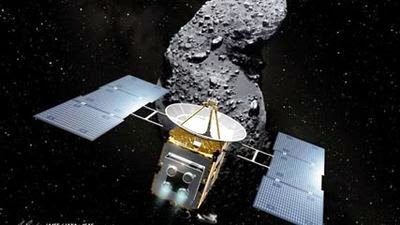Mars One has narrowed down to 705 marstronaut candidates from its olympic-sized pool of over 300,000. I was looking at a few of the 705's "Pick Me!" one-minute videos and came across one named Stephen, a Canadian living in Toronto. (Why does he want to live on Mars? I've just spent 3 days in Toronto and I fully sympathise.)
This candidate's refreshing. It felt like I almost knew him after his minute was up - I've met someone rather like him, I think, but he had an East London accent, listened to Tom Petty and claimed to be joining an expedition up Mount Everest.
Back to Stephen. Rather than your typical 30-to-40-year-old PhD-scientist-mechanic space fan, he's a world explorer. And he has the appearance of someone who's lived life fully, in every imaginable climate. He claims to have visited 160 countries. How can he possibly keep count? He shows pics of himself drinking tea (spot the spoon in the tin mug) on a Sahara trek,
chilling out in Antarctica and doing some rescue diving. The line that made me smile, though, was near the end of his presentation: "I've seen the planet Earth. It's time to move on." He looks like just the kind of laid-back survival expert who would thrive on another planet. Good luck, Stephen!
This candidate's refreshing. It felt like I almost knew him after his minute was up - I've met someone rather like him, I think, but he had an East London accent, listened to Tom Petty and claimed to be joining an expedition up Mount Everest.
Back to Stephen. Rather than your typical 30-to-40-year-old PhD-scientist-mechanic space fan, he's a world explorer. And he has the appearance of someone who's lived life fully, in every imaginable climate. He claims to have visited 160 countries. How can he possibly keep count? He shows pics of himself drinking tea (spot the spoon in the tin mug) on a Sahara trek,
chilling out in Antarctica and doing some rescue diving. The line that made me smile, though, was near the end of his presentation: "I've seen the planet Earth. It's time to move on." He looks like just the kind of laid-back survival expert who would thrive on another planet. Good luck, Stephen!






